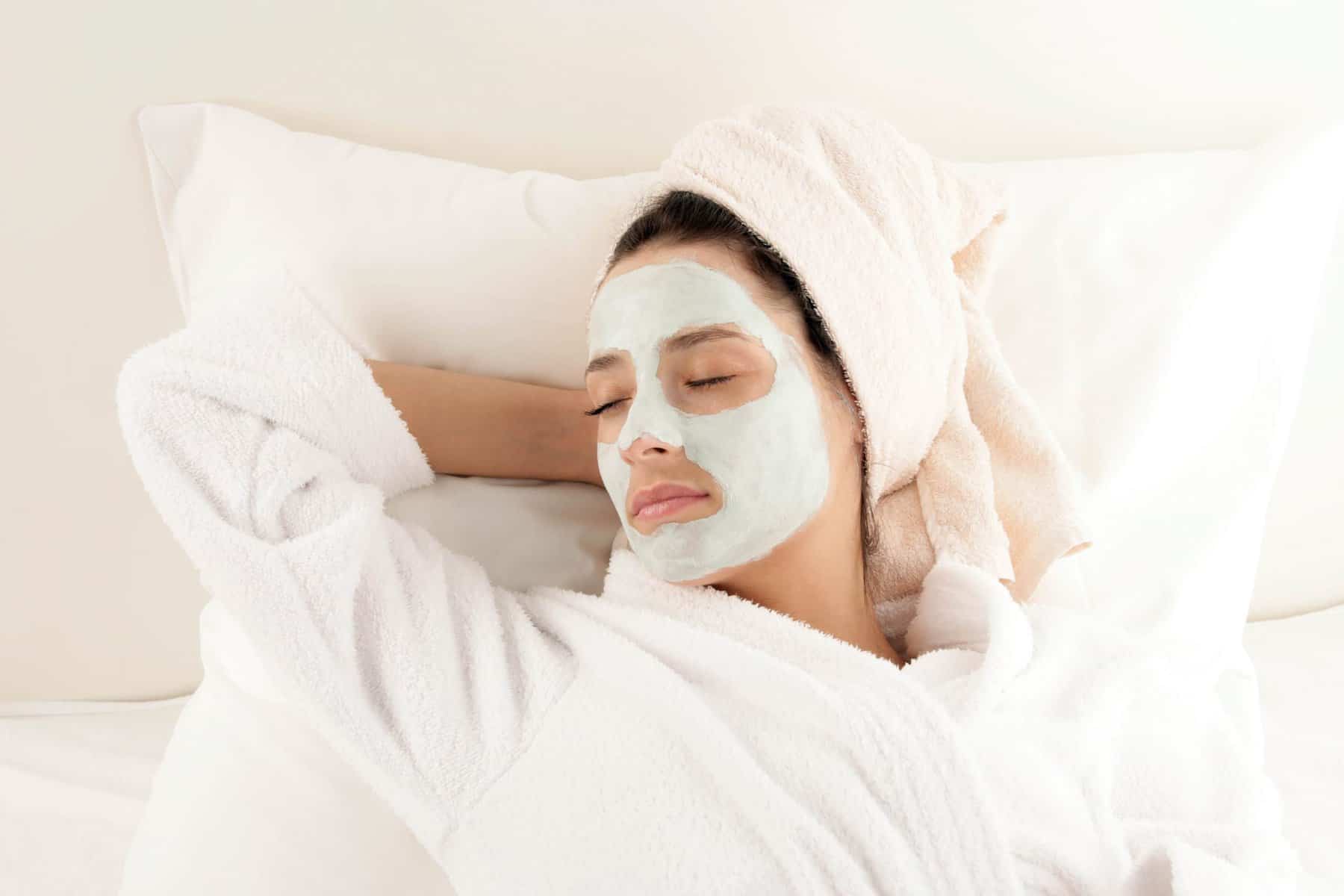Tossing and turning all night, unable to get restful sleep. Loud snoring or gasping disturbs your bed partner. Feeling exhausted during the day no matter how many hours you spend in bed.
These are common issues for the nearly 22 million Americans suffering from sleep apnea.
While oral medical devices are the go-to treatment, some people wonder if over-the-counter nasal strips can also help. These adhesive bands lift the nasal passages to improve airflow.
But do nasal strips help with sleep apnea? Learn whether nasal strips are a practical option for managing this condition’s bothersome symptoms.
Nasal Strips Mechanism
How Nasal Strips Work
Nasal strips stick on the nose, lifting it gently to make it wider. This helps you breathe better by opening the nose more.
Nasal Congestion And Apnea
When your nose is blocked, it can make sleep apnea worse by stopping you from breathing properly. Nasal strips help clear the nose, making it easier to breathe and reducing apnea troubles.
Potential Benefits
Using nasal strips can help you breathe better at night. This means fewer times when your breathing stops, leading to better sleep and fewer problems with apnea.
When Nasal Strips May Help
Nasal Congestion Involvement
Nasal strips are good when your nose is blocked at night. They help you breathe better by opening the nose and making it easier to sleep well.
Allergy-Related Apnea
When allergies make trouble breathing at night, nasal strips are helpful. They clear your noses and make breathing easier, reducing the problems caused by allergies during sleep.
Snoring Reduction
Nasal strips also make snoring less noisy. By making it easier to breathe through the nose, they could lessen the loud sounds you make when you sleep, helping you and others sleep more peacefully.
Other Sleep Apnea Solutions
Oral Medical Devices
Doctors can suggest ways to keep air moving smoothly for sleep apnea, such as oral medical devices and/or PAP machines, so that you can breathe better at night.
Lifestyle Adjustments
Changing how you live, like losing weight or avoiding alcohol before bed, can also help with sleep apnea. These adjustments can make it easier to breathe at night.
Surgical Interventions
Sometimes, doctors will suggest surgery to help with sleep apnea. Surgery can help by fixing throat or nose issues making breathing easier during sleep.
Combining Treatments
Using different solutions together, like nasal strips and lifestyle changes, can work even better. Combining treatments can make breathing easier and lead to more restful sleep.
Risks And Considerations
Side Effects And Discomfort
Some treatments have side effects or make you feel uncomfortable. It’s essential to be aware of how your body reacts and to talk to the doctor if something doesn’t feel right.
Consultation With Specialists
Talking with doctors who know about sleep problems can help. They can give you good advice about what to do and how to make things better.
Individualized Treatment Plans
Everyone is different, so it’s important to have a plan that’s just right for you. The doctor can make a special plan that fits your needs and help you sleep better.
FAQs
1. Do Nasal Strips Increase Oxygen?
Nasal strips don’t directly increase oxygen levels. By opening nasal passages, they allow easier breathing and air intake.
2. Do Nose Strips Actually Work For Snoring?
Yes, nasal strips can reduce snoring for some by lifting nasal passages to improve airflow. Results vary per person. Follow package directions for proper placement and use.
Conclusion
Nasal strips are a helpful tool for some individuals with mild sleep apnea or snoring issues. They work by opening up the nasal passages, making it easier to breathe through the nose.
However, it’s important to note that nasal strips are not a one-size-fits-all solution for sleep apnea. They are not effective for everyone, especially those with severe sleep apnea.

